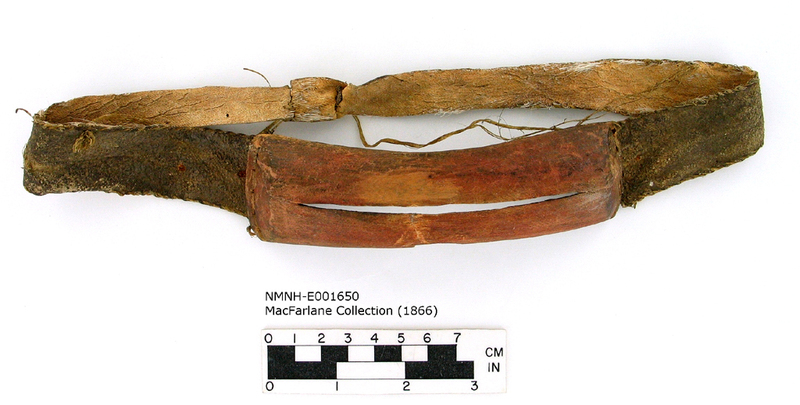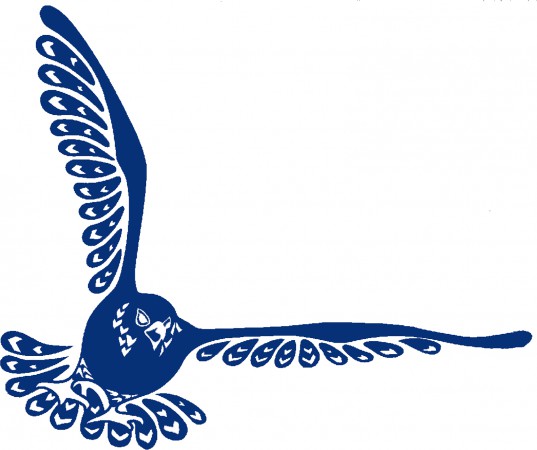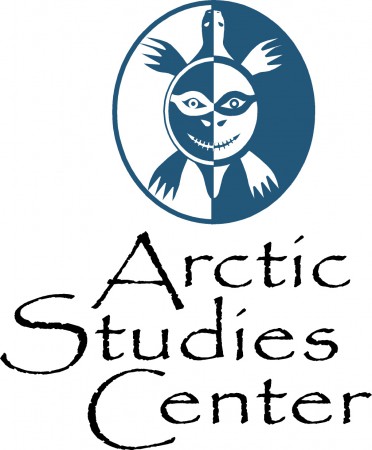The Inuvialuit Living History Project

Our Inuvialuit Living History Project team is happy to announce the official launch of our virtual exhibit Inuvialuit Pitqusiit Inuuniarutait: Inuvialuit Living History – www.inuvialuitlivinghistory.ca. We see this launch as only the beginning, as the intent of the project is to build an archive of knowledge of the collection and to show how these objects have an ongoing life in Inuvialuit communities today. I want to congratulate our whole team––see all our participants and partners listed below––on several years of dedicated work, travel, research, and media production. I am excited to see where this will go.
Here is our official press release:


Media Advisory
Inuvialuit Cultural Resource Centre Launches Innovative Virtual Museum Exhibit
“Inuvialuit Pitqusiit Inuuniarutait: Inuvialuit Living History”
http://inuvialuitlivinghistory.ca/
May 3, 2012, Inuvik, N.W.T.
The Inuvialuit Cultural Resource Centre (ICRC) in Inuvik, N.W.T., is proud to announce the launch of a new website, Inuvialuit Pitqusiit Inuuniarutait: Inuvialuit Living History – www.inuvialuitlivinghistory.ca. Produced in collaboration with the Smithsonian Institution’s Arctic Studies Center, the Department of Canadian Heritage’s Museums Assistance Program, Parks Canada’s Western Arctic Field Unit, and other project partners (see full list below), the website provides on-line access to an important but little-known collection of over 300 cultural objects and nearly 5,000 natural history specimens at the Smithsonian Institution which were collected by Hudson’s Bay trader Roderick MacFarlane from Inuvialuit living in the Anderson River area in the 1860s. It also provides lesson plans for elementary and high school students that highlight Inuvialuit traditional knowledge and the history of the Anderson River region as pathways for learning about items in the collection.
The project began in 2009 when a group of Inuvialuit elders, traditional knowledge experts, anthropologists and educators travelled to Washington to examine the collection. The trip launched a much broader program of outreach with Inuvialuit youth, elders, and community members in the Inuvialuit Settlement Region (ISR), and led to the generation of new knowledge about the MacFarlane Collection. The Inuvialuit Pitqusiit Inuuniarutait: Inuvialuit Living History website incorporates the ideas and information provided by Inuvialuit, and it invites people to provide their own knowledge of items in the collection. Through ongoing updates and additions to the website, the ICRC is confident that it will have an enduring life in Inuvialuit communities. According to ICRC Manager Catherine Cockney, “This project brought back to life a remarkable collection of traditional Inuvialuit artifacts and allows the Inuvialuit to connect their old material culture to the present”.
Contact:
Kate Hennessy, Assistant Professor, Exhibit Producer, School of Interactive Arts and Technology, Simon Fraser University, (604-418-4895)
Catherine Cockney, Manager, Inuvialuit Cultural Resource Centre, (867-777-2595)
PROJECT TEAM
(in alphabetical order)
Charles Arnold, Adjunct Professor, Department of Archaeology, University of Calgary
Catherine Cockney, Inuvialuit Cultural Resource Centre
Albert Elias, Inuvialuit elder and interpreter, Inuvik
Kate Hennessy, Assistant Professor, School of Interactive Arts & Technology, Simon Fraser University
Mervin Joe, Parks Canada, Inuvik
Maia Lepage, Photographer, Inuvik
Stephen Loring, Arctic Studies Center, Smithsonian Institution
Natasha Lyons, Inuvialuit Living History Project Manager, Ursus Heritage Consulting
James Pokiak, Inuvialuit elder and hunter, Tuktoyaktuk
WEBSITE CREDITS:
Production and Design: Kate Hennessy
Programming and Design: Culture Code
Project Manager: Natasha Lyons
Media Preparation: Kate Hennessy, Karen Truong, Irine Prastio, Charles Arnold, Brett Purdy, Dave Stewart
Curatorial research: Charles Arnold, Darrel Nasogaluak, Stephen Loring, and Joanne Bird
Text: Kate Hennessy, Charles Arnold, and Natasha Lyons
Video Production of “A Case of Access”: Brett Purdy, Inuvialuit Communications Society
Lesson Plans and Teachers’ Guide: Myrna Pokiak; layout and design by Irine Prastio
Community Advisors: Catherine Cockney, Mervin Joe, Albert Elias
PROJECT PARTNERS:
Inuvialuit Cultural Resource Centre; Smithsonian Institution Arctic Studies Centre; The Reciprocal Research Network; Parks Canada Western Arctic Field Unit; Intellectual Property Issues in Cultural Heritage (IpinCH); Prince of Wales Northern Heritage Centre; Making Culture Lab at the School of Interactive Arts and Technology, Simon Fraser University.
ADDITIONAL SUPPORT:
The Museums Assistance Program, Department of Canadian Heritage; Government of the Northwest Territories; The International Polar Year; Canadian North; BOREAS and the European Science Foundation; The Aurora Research Institute.
